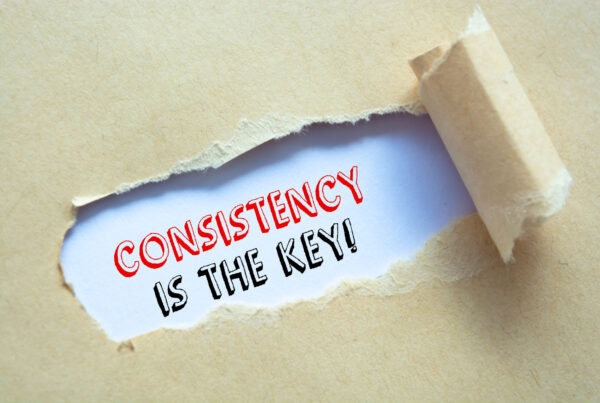Last Updated on July 9, 2024 by Dave Schoenbeck
Many people want to avoid the daunting process of setting up and growing a new business from scratch. As a result, buying an existing business has become a reasonable alternative. There’s no question about it: buying a business – no matter the size – is a big commitment.
If you’ve been pondering the idea of acquiring an existing small business, here’s a list of 7 traits you should be looking for before making the final decision—a big thanks to Brad Sugars for sharing his insights with me.

7 Traits to Look for When Buying a Business
1. It has the potential to survive and thrive. There’s no point in buying a business with minimal or zero opportunity to grow throughout different economic cycles. Learn all you can about the financial conditions of the business. Look at sales growth, profit margins, overhead, cash flow, and working capital through various business phases. What trends do you see? Research the company’s main competitors to learn about market and industry changes.
2. It must have a repeat business future.
You want to buy a business that has a promising long-term outlook. This means buying a business with sustainable profits and repeat customers. Study the industry as a whole. Get specific information about opportunities and threats and how the business is positioned in the market.
3. It functions with staff possessing lower-level skills.
This ensures you have access to ample and affordable labor. At the same time, you should aim to retain key employees who understand every nook and cranny of the business.
4. It has significant cash flow and is not asset-intensive.
Avoid buying a heavily capitalized business or one requiring significant capital investments. It’s risky to purchase a company with tremendous assets (i.e., heavy inventories, buildings, or equipment) worth less than your proposed price. Remember, you want to buy an income stream, not scary liabilities or significant assets with diminishing value.
5. Its opportunities for improvement are straightforward and fixable.
You want to buy a business where you can contribute your skills and experience. You should have a vivid idea about the scope for improvement. Do you want to lower overhead costs and improve margins? Or do you want to focus on getting better lead flow and higher lead conversion rates?
6. It must be an excellent deal for the purchase.
This goes hand-in-hand with the business’s financial health. Are the records accurate and believable? Do the numbers add up? Take your time to do your due diligence. A thorough review process will help you understand whether the company is as valuable as the seller has stated and let you know about potential problems.
7. It must have a great “jockey.”
You should want to buy a business with a strong leader who will stay or transition the business. It’s essential to learn about the company’s past and current owners. Find out why they want to sell the business: Is it due to a divorce? Retirement? Do they desire a lifestyle change, or are their children not interested in running the business?
Likewise, learn about their leadership ability. What have they accomplished with the business? Ideally, you want to look into companies with talented owners and the next generation of non-family leadership.
It’s impossible to give a complete checklist of things to look for while buying a business. Purchasing businesses in different industries will involve many varying questions and decisions. However, these are some essential points to get you started.
If you need more help, please sign up for a complimentary virtual coaching session with me. Just fill out this form, and I’ll be in touch!
Coach Dave
- If You Are Considering Starting a Business, Read the Book The E-Myth Revisited First - October 16, 2025
- Here’s a Must-Read Book: The Four Disciplines of Execution - October 9, 2025
- Don’t Procrastinate: It’s Time to Do Company Succession Planning - October 2, 2025


